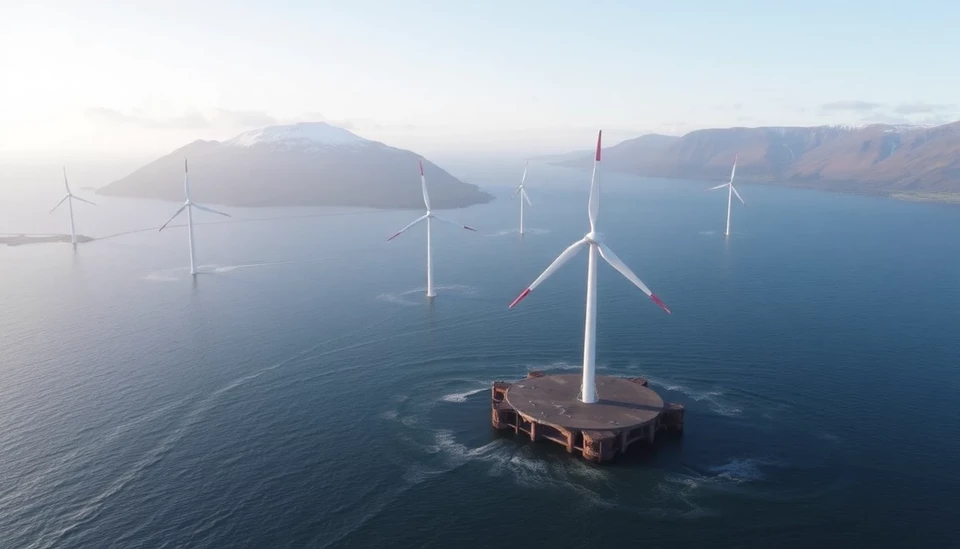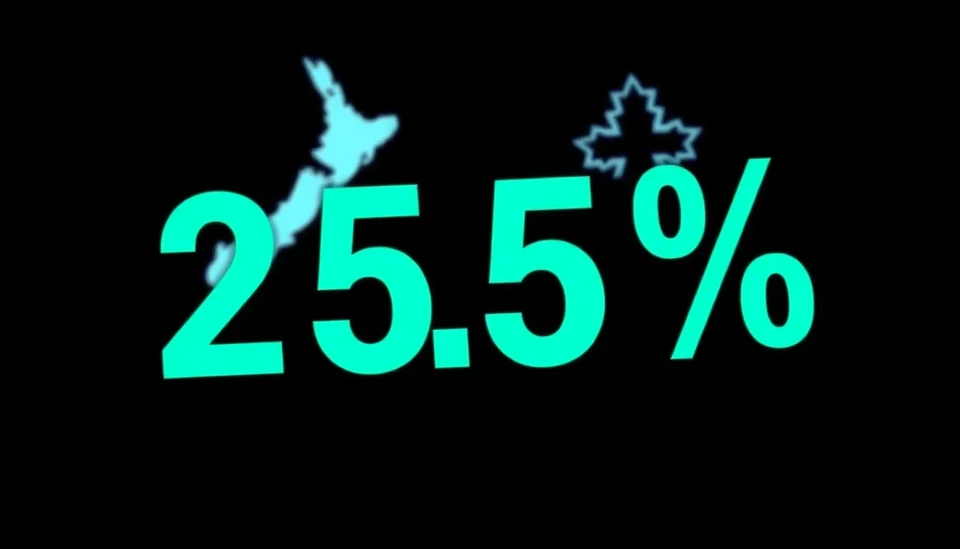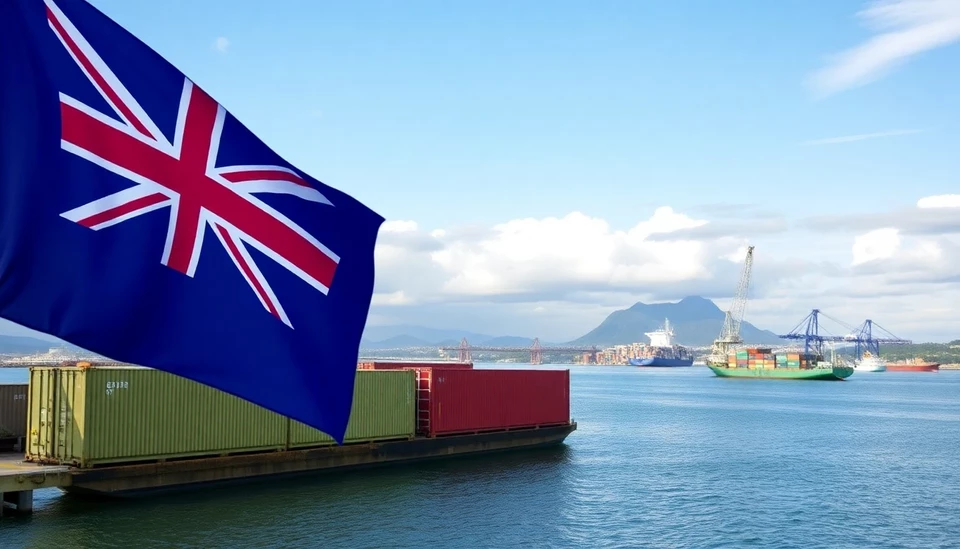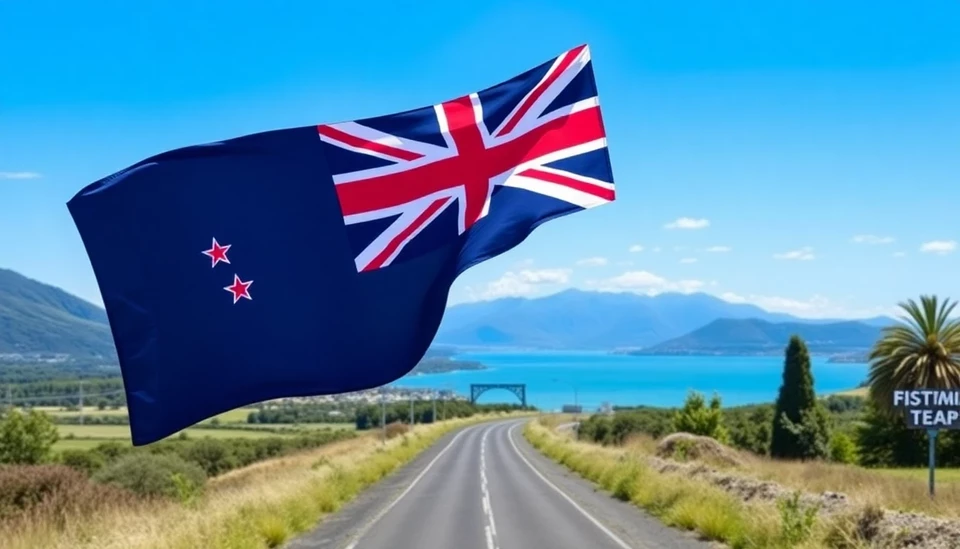
In a rapidly evolving energy landscape, New Zealand finds itself at a crossroads, where the expansion of renewable offshore wind energy faces a significant challenge from seabed mining activities. As the nation aims to boost its renewable energy capabilities to combat climate change, a contentious debate has emerged regarding the allocation and use of marine resources.
The New Zealand government is moving forward with plans to increase its reliance on offshore wind energy, but this ambitious goal is under threat due to ongoing seabed mining operations. Proponents argue that tapping into wind energy is crucial for achieving the country’s carbon-neutral targets, while critics warn that seabed extraction could irreparably damage marine ecosystems and undermine sustainability efforts.
Seabed mining, which involves the extraction of minerals from beneath the ocean floor, has recently gained steam, driven by a global demand for metals used in high-tech industries and renewable energy technologies. The activity has prompted environmental advocates to voice their concerns, emphasizing the potential harm to critical marine habitats and biodiversity. As New Zealand is home to unique marine species and delicate ecosystems, the stakes are particularly high.
Recent events have showcased the tension between the interests of the mining industry and environmental conservation. As the government reviews mining applications, it must balance economic growth with ecological responsibility. Environmentalists argue that the consequences of seabed mining may have long-lasting effects, which could jeopardize New Zealand’s offshore wind development plans and overall climate goals.
The industry’s supporters maintain that mining can be conducted responsibly with adequate regulations and oversight. They cite advancements in technology that purportedly minimize damage to marine environments. However, critics remain skeptical, highlighting the historical precedent of environmental degradation associated with resource extraction projects.
As the nation grapples with this dilemma, discussions are intensifying regarding sustainable practices and the future of energy generation in New Zealand. The government faces mounting pressure to implement strict guidelines for seabed mining while simultaneously paving the way for a clean energy transition through offshore wind. The outcome of this balancing act will likely shape the future of energy production and environmental stewardship in New Zealand.
In conclusion, New Zealand stands at a pivotal moment in its energy transition. The clash between seabed mining and offshore wind energy illustrates the broader challenges many nations face in pursuing sustainable development. As stakeholders continue to engage in heated debates, the final decisions made by the government will have lasting implications for both the environment and the economy.
#NewZealand #SeabedMining #OffshoreWind #RenewableEnergy #ClimateChange #SustainableDevelopment #MarineConservation
Author: Peter Collins




